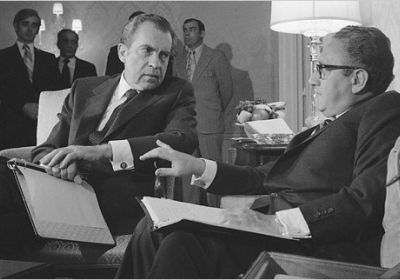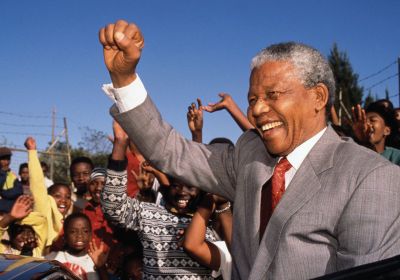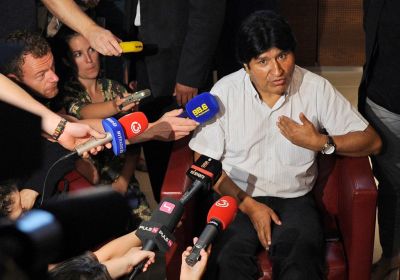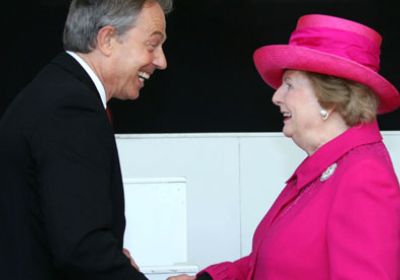
The most important anniversary of the year was the 40th anniversary of September 11, 1973 — the crushing of the democratic government of Chile by General Augusto Pinochet and Henry Kissinger, then US secretary of state.
The National Security Archive in Washington has posted new documents that reveal much about Kissinger's role in an atrocity that cost thousands of lives.
In declassified tapes, Kissinger is heard planning with President Richard Nixon the overthrow of left-wing President Salvador Allende. They sound like Mafiosi thugs.








